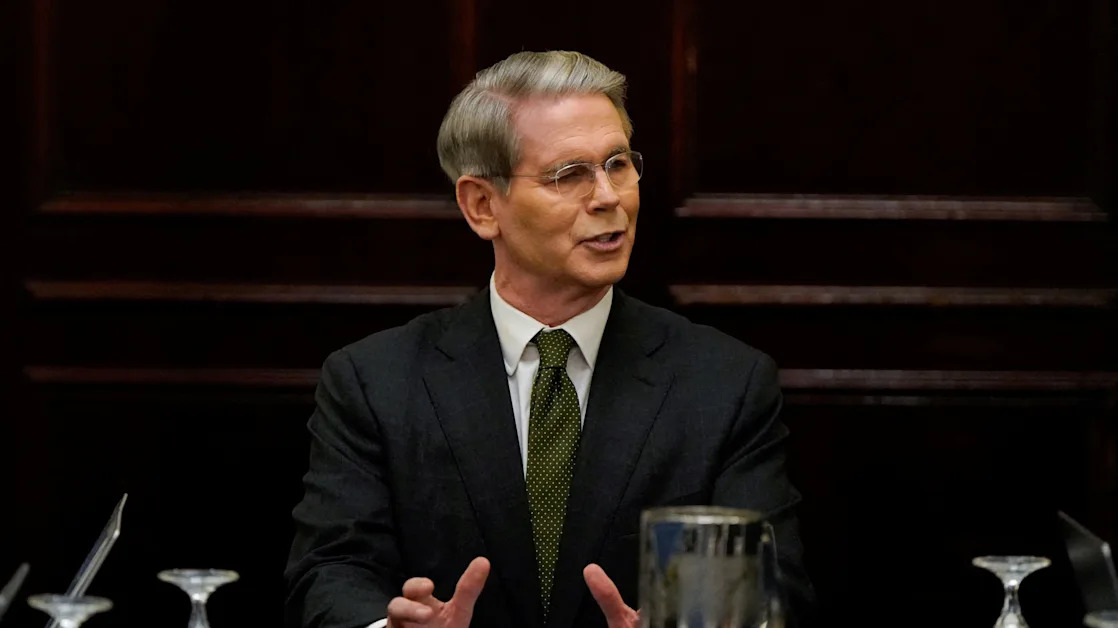
Analysis: The US is not an 'emerging market' — yet
Matthew’s view
Most of the world’s finance ministers and central bankers were in DC last week for the spring meetings of the IMF and World Bank. For many of those from so-called “emerging markets,” the goal was to convey competence and respectability to money managers and to officials of the multilateral institutions, with the Argentine delegation among the stars of the show. These are people who know that their countries depend, at least to a degree, on the goodwill of others. They also know that the confidence of their own citizens cannot be taken for granted. If they make a mistake, they risk capital flight, with spiking borrowing costs and plunging currencies simultaneously crushing the economy and pushing up consumer prices. The fear of that double whammy instills discipline, which can be painful when it comes to fighting downturns, but EM policymakers know that the alternative to austerity is even worse . Finance ministers from these developing economies were in Washington bearing a message of humility and competence.
And then there were the Trump administration officials. The US is not an emerging market, of course, but its prosperity still depends on being an attractive place to invest and build businesses. That is now under threat. As Citadel’s Ken Griffin put it at Semafor’s World Economic Summit , the Trump administration has put America’s “brand at risk” and that it could take “a lifetime to repair the damage that has been done.” The Trump officials disagreed both publicly and privately, blithely defending the destructive and capricious policy changes of the past few months in an effort that apparently failed to inspire confidence among the people who actually decide whether to buy Treasury bonds .
We are already seeing some of the consequences for markets. Consider Turkey, which is blessed with an educated citizenry, a diversified economy with a robust manufacturing sector, and membership in the EU Customs Union. Living standards, on average, are comparable to Portugal and Poland . Yet the country’s long history of political instability and currency collapses has created lasting costs for society. Turks hold much of their savings in foreign currency and gold , while locals and foreigners alike are quick to run from Turkish assets at the first sign of trouble. That makes it more expensive for Turkish businesses to raise money to finance investments, and it makes it almost impossible for Turkish households to borrow, whether via mortgages or credit cards.
When the Erdogan government arrested the mayor of Istanbul — a leading opposition candidate — in March, foreigners pulled record sums out of the country , causing the lira to plunge by 10%. The central bank has since sold a whopping $40 billion of foreign currency reserves to prevent the currency from falling even further.